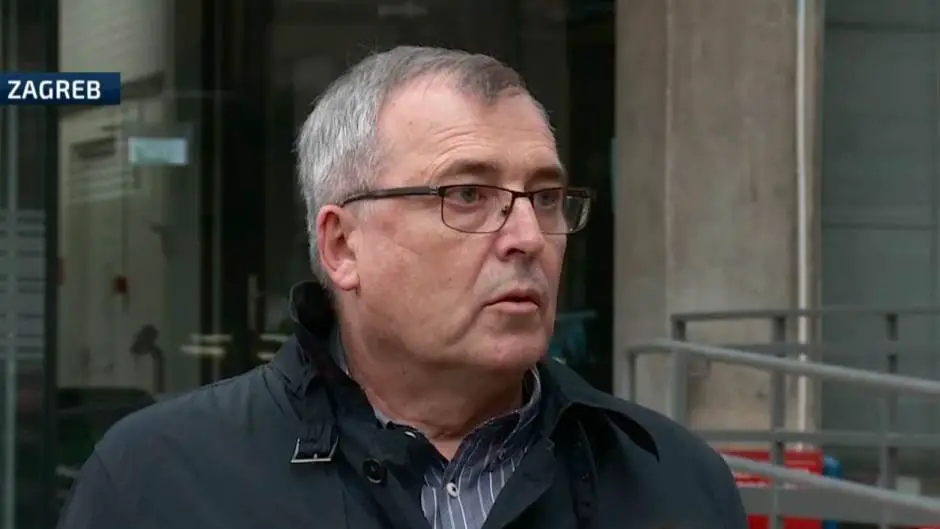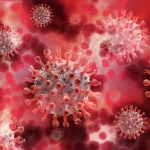
December 3, 2020 – In a morning television interview with N1, Croatian Public Health Institute director Krunoslav Capak hints at possible shopping center closures in Croatia.
Index.hr reports that the director of the Croatian Institute of Public Health, Krunoslav Capak, was a guest this morning on the N1 television program, where he spoke about COVID-19 measures in Croatia, among other things, like the Pfizer vaccine.
“As part of the joint procurement, the EU signed contracts with six manufacturers, later came the seventh. Pfizer was our third negotiator, we ordered a million doses. It should come as soon as the vaccine is registered. The European Agency will announce its decision no later than December 29,” says Capak.
“We don’t know at what time the other 125,000 doses will come. We’d better vaccinate 62,000 people and then re-vaccinate those 62,000 with another dose because it’s under contract. Health workers who come into contact with patients are a priority,” Capak says.
“We will get Oxford and AstraZeneca as a priority. According to the promises, we will get complete tranches in May and June, then we could vaccinate the entire population over the age of 18,” he said.
“We manage to vaccinate very quickly; the flu in a week or two. I can vaccinate healthcare workers with a license, under the supervision of a doctor,” he said.
Capak spoke about doing surveys for vaccinations in healthcare facilities.
“We have found that there are a lot of unknowns about vaccines and vaccinations. We will give all media a list of priorities and information on what will be done and how it will be done,” he said.
Capak was asked about the measures.
“Our goal is to reduce contacts. You will admit that the situation is difficult for us. What can we do? We can increase testing, we do that, but we also have to reduce close contact because it spreads the virus. Cafes are closed to reduce contacts, because they spread the virus,” he said.
What about shopping malls?
“As for them, we have determined measures to prevent the spread of the virus. Should they be closed or not? At the moment we have not brought it to the table, but it is possible to close shopping centers. Some European countries closed them,” he said.
“As far as compliance with the measures is concerned, the Headquarters continuously appeals to the citizens to protect themselves and others. By adhering to the measures, we protect others and the vulnerable. There will be the possibility of fines for those who don’t comply, and the law is in parliament,” says Capak.
“The measures should be a balance between health care and the economy,” Capak says.
“I think the measures are effective to reduce contact among citizens, to keep the numbers down,” he adds.
He says that if the situation worsens, the epidemiologists will propose additional measures. He also spoke about the direction of the new measures
“In the direction of further reducing contacts in public transport, in shopping malls, in shops…” he said.
When asked about churches, he said that a horizontal measure of 25 people had been passed.
“It is possible to correct that, it is not the same whether it is in the cathedral or the chapel. The government has made a decision and so far it is so,” he said.
When asked who in Croatia deals with calculations and projection models, he said that a working group deals with governments, but he did not want to say who is in it, only that there are two people from the CNIPH included.
Regarding the exact number of deaths from COVID-19 in Croatia, Capak says that there are defined rules and that it is considered that those who are COVID-19 positive died from COVID-19 and there is no other clear cause of death.
He confirmed that autopsies are generally not performed, as is the WHO’s instruction, but that only a few of those autopsies were performed when the court ordered it to determine the exact cause of death.
He said that those who died in homes for the elderly are also listed in the statistics, but when asked why only the deceased in hospitals are always written in the statistics published by the Headquarters daily, he said that he had to check.
To read more about coronavirus in Croatia, follow TCN’s dedicated page.









